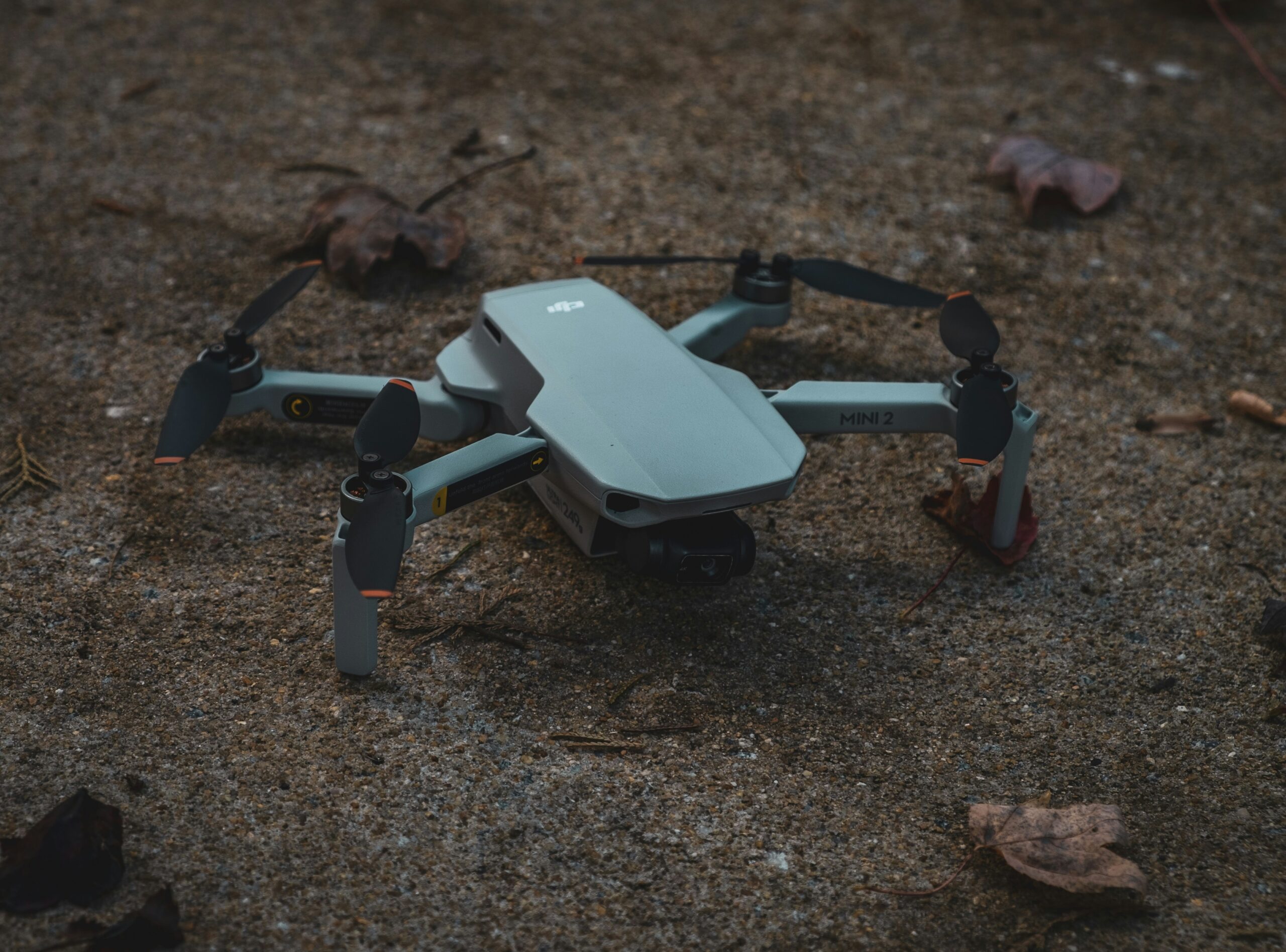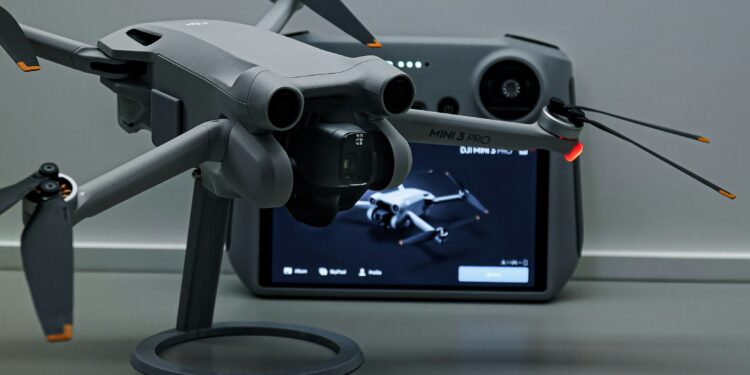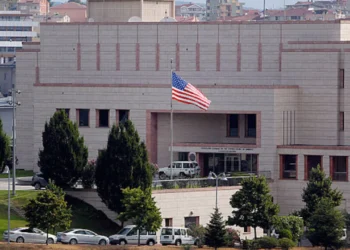No Fly Zone: U.S. Keeps DJI on Military Blacklist, and that says a lot about how far Washington is ready to go in treating Chinese tech firms as enemies. It is no longer about drones flying over backyards or helping filmmakers capture cool shots. This is about branding a company as part of China’s military machine, and whether America is playing security watchdog or simply using fear as an excuse for economic warfare.
DJI Caught in the Crossfire
The Pentagon insists it has “substantial evidence” that DJI supports China’s defense industry. Yet even the court admitted there is no proof the company is owned or controlled by the Chinese Communist Party. That leaves DJI in an awkward space, painted as guilty without being fully convicted. For the U.S., suspicion alone seems enough.
This tells us one thing: in today’s geopolitics, evidence is less important than narrative. DJI is the world’s biggest consumer drone maker, and that alone makes it a convenient target for Washington’s larger fight with Beijing.

A Ban Without Saying “Ban”
Staying on the blacklist shuts DJI out of U.S. contracts and government programs. It also makes private companies nervous about doing business with them. That’s not an outright ban, but in reality it feels close. Products are already harder to buy, Customs officials are blocking shipments, and a “national security risk assessment” still hangs over the company like a final blow.
If you call this fair competition, you’re fooling yourself. It looks more like the U.S. building trade barriers under the cover of national security.
DJI Fights Back
DJI has not taken this lying down. In their statement, the company stressed that it builds consumer and commercial drones, not weapons. They argue the court’s decision rests on a single weak point that could apply to countless other companies, yet only they are punished. Their response is calm on the surface, but there’s no mistaking the frustration: they know they’ve been marked.
Security or Strategy?
The timing is no accident. The U.S. has been tightening the noose on Chinese tech for years, TikTok, Huawei, now DJI. Each case is framed as a security threat, but the economic undertone is obvious. Washington doesn’t want China to dominate future tech markets, and drones are part of that battle.
So the question is whether this “No Fly Zone” is really about protecting American skies or about grounding Chinese competition before it takes off further.
What This Means for the Future
The ruling won’t destroy DJI overnight, but it will reshape the market. American buyers may turn to smaller local brands, while DJI will likely double down on Asia, Africa, and Europe. What the U.S. calls security, the rest of the world may see as bullying. And that might just push more countries to choose Chinese tech out of defiance.
The biggest casualty may not be DJI itself, but the idea of open global competition.

















